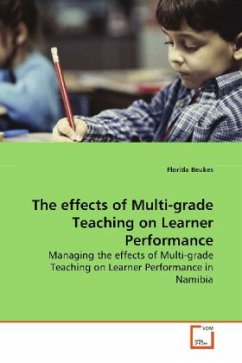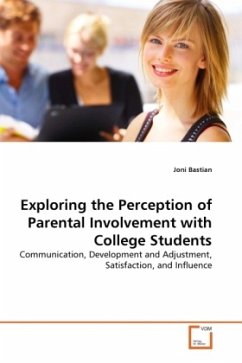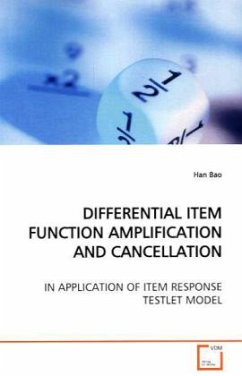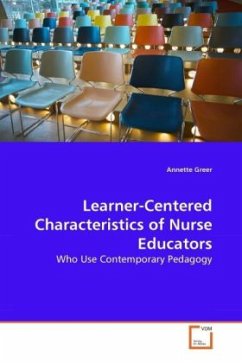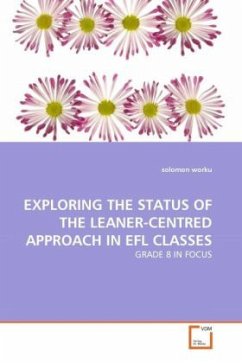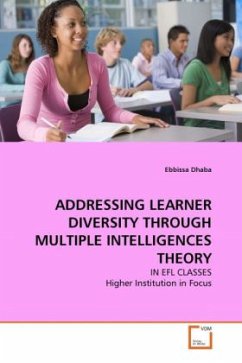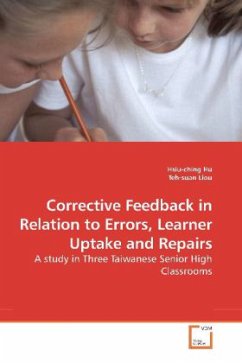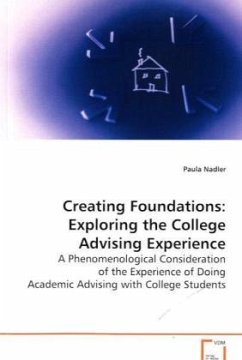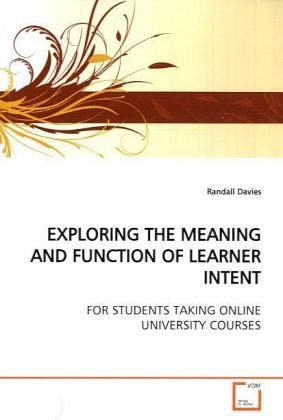
EXPLORING THE MEANING AND FUNCTION OF LEARNER INTENT
FOR STUDENTS TAKING ONLINE UNIVERSITY COURSES
Versandkostenfrei!
Versandfertig in 6-10 Tagen
32,99 €
inkl. MwSt.

PAYBACK Punkte
16 °P sammeln!
Understanding how learner intent affects learning isvital for educators and participants involved in anylearning situation. This study explains and exploresthe concept of a learner intent for students involvedin online learning situations. The results of thisstudy show that the intentions of students for thelearning expected of them affects the quality of thelearning that occurs. What may be missing in manylearning situations is students reflecting onthemselves as learners, specifically, reflecting ontheir true intentions for learning. Reflectivereasoning, thinking about one s commitment tolea...
Understanding how learner intent affects learning is
vital for educators and participants involved in any
learning situation. This study explains and explores
the concept of a learner intent for students involved
in online learning situations. The results of this
study show that the intentions of students for the
learning expected of them affects the quality of the
learning that occurs. What may be missing in many
learning situations is students reflecting on
themselves as learners, specifically, reflecting on
their true intentions for learning. Reflective
reasoning, thinking about one s commitment to
learning and the quality of that learning, can be a
catalyst in the formation of efficacious learner
intent. This understanding is central to the
identification of effective strategies for
encouraging students to develop worthy learner intent
leading to increased learning.
vital for educators and participants involved in any
learning situation. This study explains and explores
the concept of a learner intent for students involved
in online learning situations. The results of this
study show that the intentions of students for the
learning expected of them affects the quality of the
learning that occurs. What may be missing in many
learning situations is students reflecting on
themselves as learners, specifically, reflecting on
their true intentions for learning. Reflective
reasoning, thinking about one s commitment to
learning and the quality of that learning, can be a
catalyst in the formation of efficacious learner
intent. This understanding is central to the
identification of effective strategies for
encouraging students to develop worthy learner intent
leading to increased learning.



